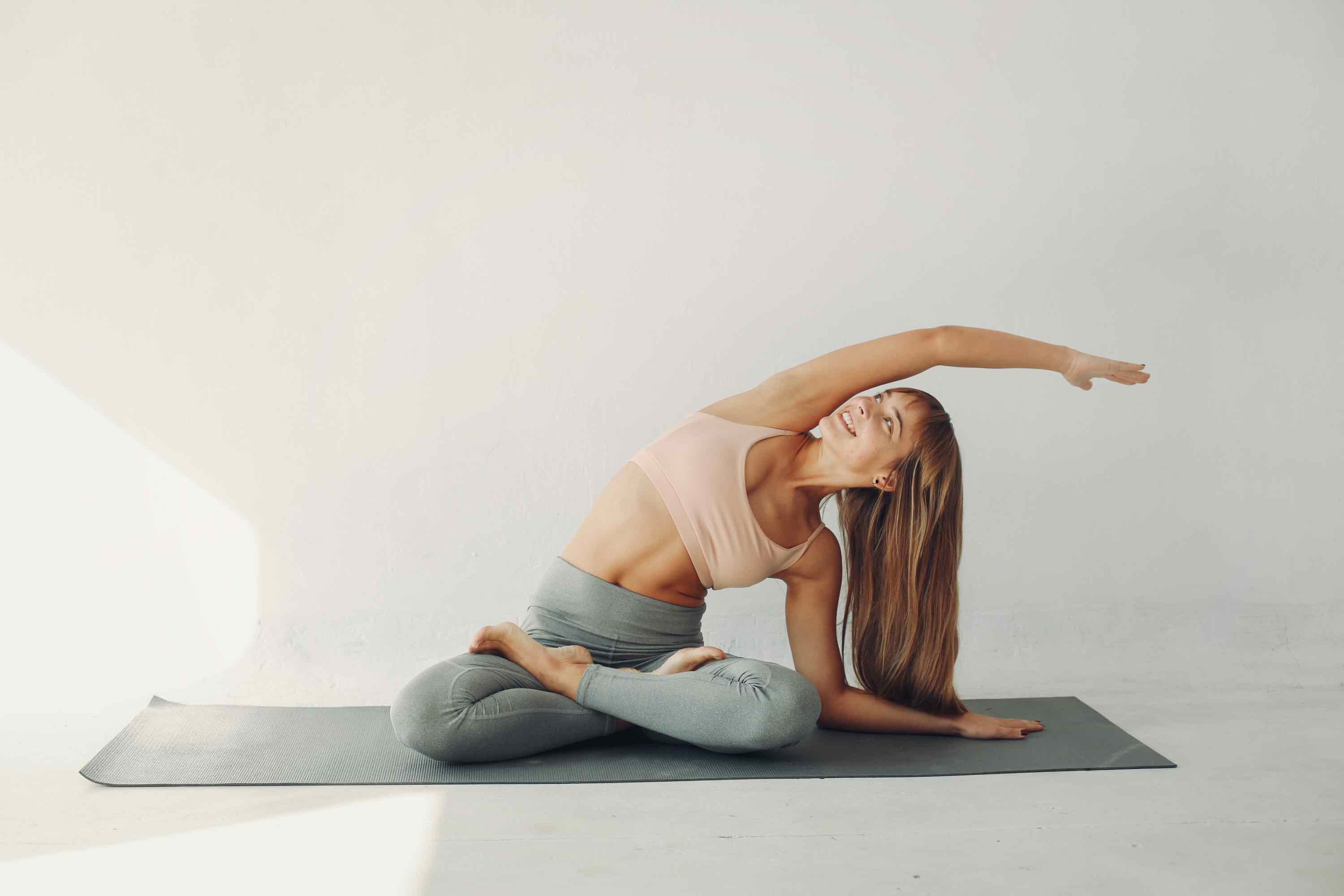When people are trying to conceive, the focus often lands on food choices, supplements, and ways to manage stress. One important piece is frequently missed, though: how the body moves. Movement plays a meaningful role in fertility by supporting hormone regulation, easing stress, improving circulation, and helping the reproductive system function well overall. That said, not every type of exercise is equally helpful. The kind of movement you choose can influence how supported your body feels as it prepares for conception.
Why movement matters for fertility
Regular, moderate activity helps keep hormones balanced, supports a healthy weight, and encourages good blood flow to the reproductive organs — all factors that can positively affect fertility. Movement can also lower inflammation, boost mood, and support mental well-being, making it easier for the body to operate in a more balanced state. On the other hand, very intense or excessive exercise may work against these benefits by raising stress hormones and, in some cases, interfering with ovulation. This is why a thoughtful, balanced approach is so important.
When people are trying to conceive, the focus often lands on food choices, supplements, and ways to manage stress. One important piece is frequently missed, though: how the body moves. Movement plays a meaningful role in fertility by supporting hormone regulation, easing stress, improving circulation, and helping the reproductive system function well overall. That said, not every type of exercise is equally helpful. The kind of movement you choose can influence how supported your body feels as it prepares for conception.
Why movement matters for fertility
Regular, moderate activity helps keep hormones balanced, supports a healthy weight, and encourages good blood flow to the reproductive organs — all factors that can positively affect fertility. Movement can also lower inflammation, boost mood, and support mental well-being, making it easier for the body to operate in a more balanced state. On the other hand, very intense or excessive exercise may work against these benefits by raising stress hormones and, in some cases, interfering with ovulation. This is why a thoughtful, balanced approach is so important.
Low-impact movement and fertility support
Gentle, low-impact exercise can be especially supportive during a fertility journey. These forms of movement enhance circulation and reduce stress without placing unnecessary strain on the nervous system. They also encourage greater body awareness, helping you notice what feels supportive versus draining. Some of the most helpful options include:
Yoga: supporting relaxation and hormonal balance
Yoga offers both physical and mental benefits. It builds strength and flexibility while also encouraging deep relaxation. Certain poses may help release tension in the hips and pelvis and support blood flow to reproductive organs. The breathing and mindfulness elements of yoga can calm the nervous system, which may positively influence menstrual cycles and ovulation by reducing ongoing stress.
Pilates: core strength and circulation
Pilates focuses on controlled, intentional movement and core stability. A strong core helps with posture and overall body alignment, which can indirectly support reproductive health. Pilates can also ease tension in the lower back and pelvic area, encourage circulation, and promote a sense of calm — all helpful when supporting fertility.
Walking: gentle, consistent support
Walking is one of the simplest and most accessible ways to stay active. It supports heart health, helps regulate stress hormones, and improves blood flow throughout the body, including to reproductive organs. Walking outdoors, especially in nature, can further improve mood and reduce stress, while also supporting blood sugar balance and hormonal stability.
Strength training: metabolism and hormonal support
Strength training, when done in a balanced way, can also support fertility. Resistance exercises help regulate hormones such as insulin and estrogen, which are closely linked to reproductive health. Building muscle supports metabolism and overall energy balance, while also helping to reduce inflammation and manage stress levels.
Moving with intention
Movement isn’t only about physical conditioning — it’s also about awareness and connection. Mindful movement encourages you to listen to your body and respond to its signals. Approaching exercise with intention can create space for relaxation, emotional balance, and a stronger connection to your overall well-being, including your reproductive health.
Adding gentle, consistent movement into your routine can help support your body as you work toward conception, while also improving how you feel day to day. The goal isn’t to push harder or do more, but to choose movement that feels nourishing, enjoyable, and sustainable.
Exercise can be a powerful support for fertility when approached with balance. Low-impact options like yoga, Pilates, walking, and thoughtful strength training offer benefits without overwhelming the body. By staying active in a way that feels supportive, reducing stress, and tuning in to your body, you can help create conditions that support conception and overall health.
If you’re ready to bring more movement into your fertility journey, start gently. Choose activities you enjoy, move consistently, and let your body guide you toward what feels right for you.
.png)





